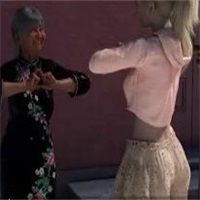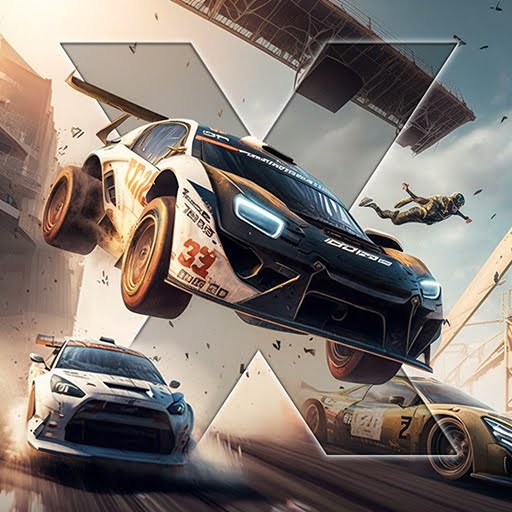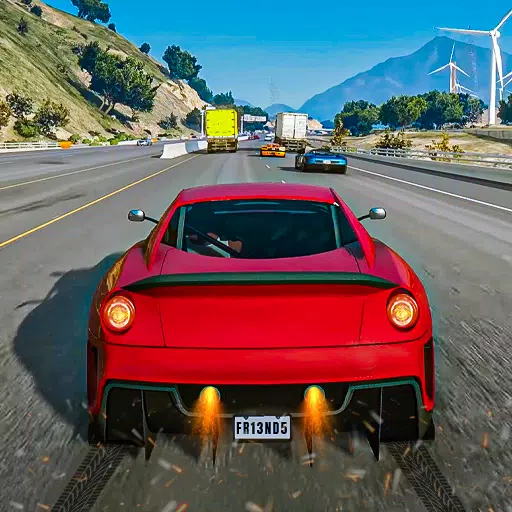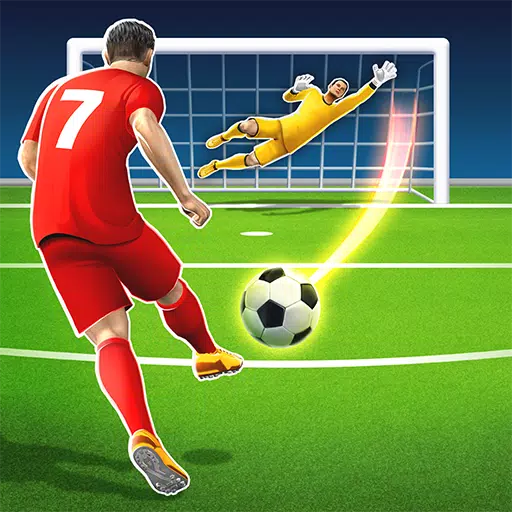Neil Druckmann on Sequels: 'I Never Plan Ahead, Lacks Confidence'
At the recent DICE Summit in Las Vegas, Nevada, Neil Druckmann of Naughty Dog and Cory Barlog of Sony Santa Monica engaged in a candid discussion about a deeply personal topic: doubt. The hour-long conversation delved into their personal struggles with self-doubt as creators and their methods for determining the validity of their creative ideas. The session also included responses to pre-submitted audience questions, one of which focused on character development across multiple games.
Druckmann's response to the question about sequels was particularly enlightening. Despite his experience with sequels, he revealed that he doesn't plan for multiple games. "That's a very easy question for me to answer, because I never think about multiple games, because the game in front of us is so all-consuming," he explained. He emphasized the importance of focusing on the current project without being distracted by future possibilities, stating, "I think you're jinxing yourself if you're starting to think about the sequel when you're working on the first game." Druckmann shared that while working on The Last of Us 2, he occasionally entertained ideas for potential sequels but always approached his work with the mindset of, "What if I never get to do another one?" This approach ensures that he doesn't hold back any ideas for future projects but instead incorporates them into the current game.
Ten-year payoffs
Druckmann elaborated on his philosophy, noting that he applies this approach to all his projects, with the exception of the The Last of Us TV show, which is planned for multiple seasons. When it comes to sequels, he reflects on what has been left unresolved in previous games and considers where the characters could go next. If he feels that the characters have no further development potential, he humorously suggested, "I think we'll just kill them off." This method was evident in the development of the Uncharted series, where each game built upon the previous one without a preconceived plan for the entire series.
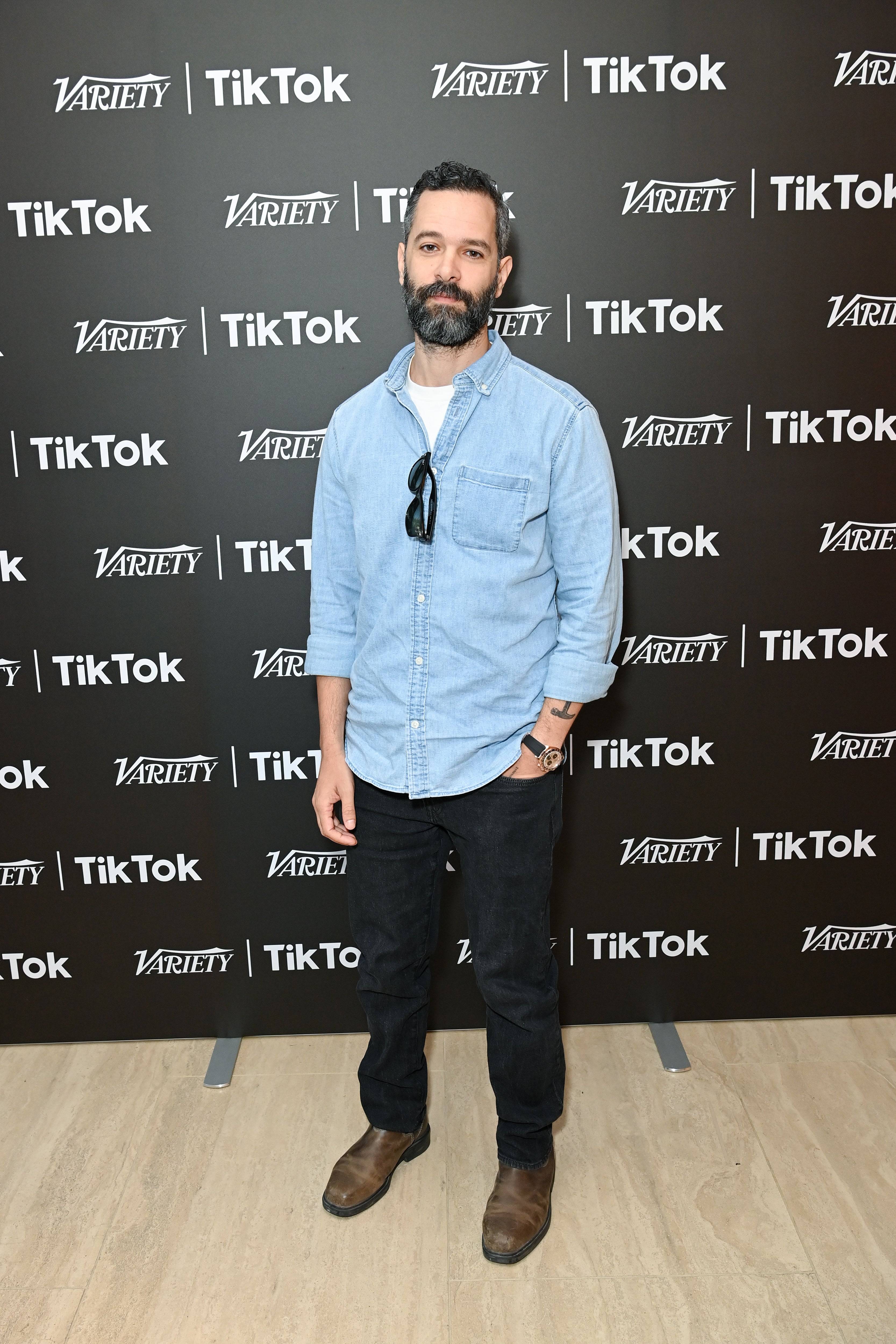 Neil Druckmann. Image credit: Jon Kopaloff/Variety via Getty Images
Neil Druckmann. Image credit: Jon Kopaloff/Variety via Getty Images
In contrast, Barlog shared a different approach, describing his process as akin to a "Charlie Day crazy conspiracy board," where he tries to connect and plan various elements over time. He finds it rewarding to link current projects with ideas he planned a decade ago, though he acknowledges the stress and complexity this method entails, especially with the involvement of numerous team members over time.
Druckmann admitted that Barlog's long-term planning requires a level of confidence he doesn't possess, preferring to focus on the immediate future rather than planning years ahead.
The reason to wake up
The conversation covered a range of topics, including their experiences with doubt and their creative processes. Druckmann shared his passion for games, recounting an interaction with Pedro Pascal on the set of the The Last of Us TV show. When Pascal jokingly questioned Druckmann's appreciation for art, Druckmann responded defensively, leading Pascal to affirm that art is "the reason to wake up in the morning. It's why I live and breathe." This sentiment resonated with Druckmann, who emphasized that despite the challenges and negativity in the industry, the love for creating games is what drives him.
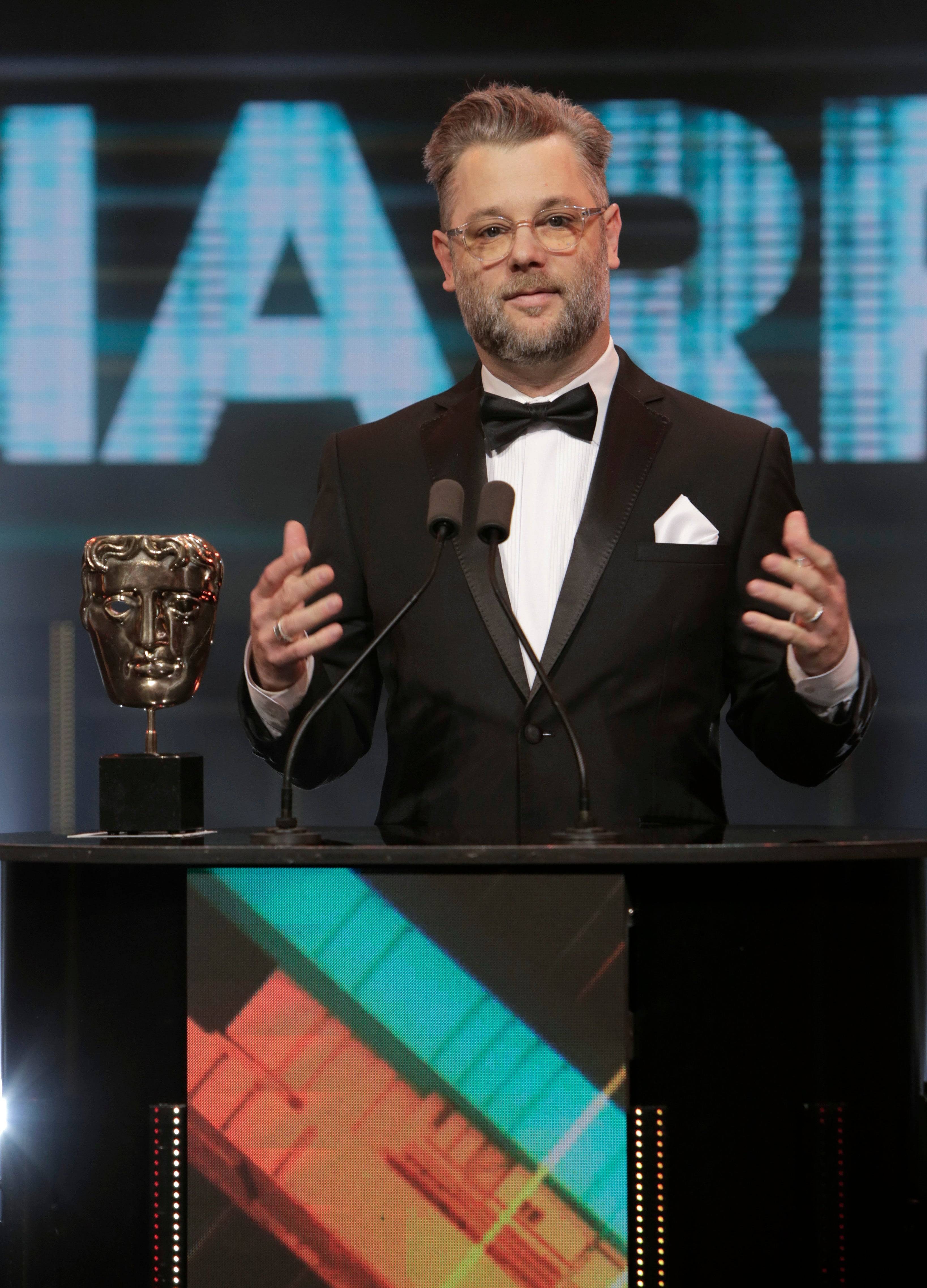 Cory Barlog. Image credit: Hannah Taylor/BAFTA via Getty Images
Cory Barlog. Image credit: Hannah Taylor/BAFTA via Getty Images
Druckmann then posed a question to Barlog about when the drive to create becomes enough, especially in light of their colleague Ted Price's recent retirement. Barlog's response was introspective and candid, admitting that the drive is never truly satisfied. He described the feeling of reaching a creative peak as both exhilarating and daunting, with the internal "demon of obsession" always pushing for the next challenge. Barlog acknowledged the relentless nature of this drive, which often prevents creators from fully appreciating their achievements.
Druckmann echoed Barlog's sentiments but added a hopeful note about creating opportunities for others. He shared an anecdote about Jason Rubin's departure from Naughty Dog, which Rubin viewed as a chance for others to rise. Druckmann sees his eventual departure in a similar light, aiming to gradually step back from day-to-day involvement to allow new talent to flourish.
The session concluded with Barlog humorously suggesting that Druckmann's perspective was convincing enough to consider retirement, highlighting the ongoing dialogue and mutual respect between these two influential figures in the gaming industry.
- 1 Zenless Zone Zero [ZZZ] Codes (December 2024) – 1.4 Livestream Codes Feb 08,2025
- 2 Capcom Spotlight February 2025 and Monster Hunter Wilds Showcase: Everything Announced Mar 05,2025
- 3 New LEGO Sets for March 2025: Bluey, Harry Potter, and More Mar 06,2025
- 4 Gothic 1 Remake Demo: Frame-by-Frame Comparison with Original May 01,2025
- 5 PUBG Mobile Redeem Codes for January 2025 Live Now Feb 13,2025
- 6 "Assassin's Creed Shadows Unveils Canon Mode" Apr 26,2025
- 7 Pokémon TCG Pocket Unveils Premium Pass and Trade Tokens Apr 21,2025
- 8 Roblox's RNG War TD Codes Unleashed (2025 Update) Feb 12,2025
-
Top Business Management Apps for Android
A total of 10
-
Best Racing Games to Play Now
A total of 10
-
Best Competitive Multiplayer Games on Android
A total of 10


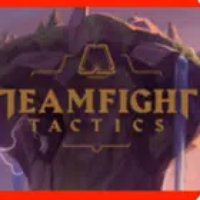







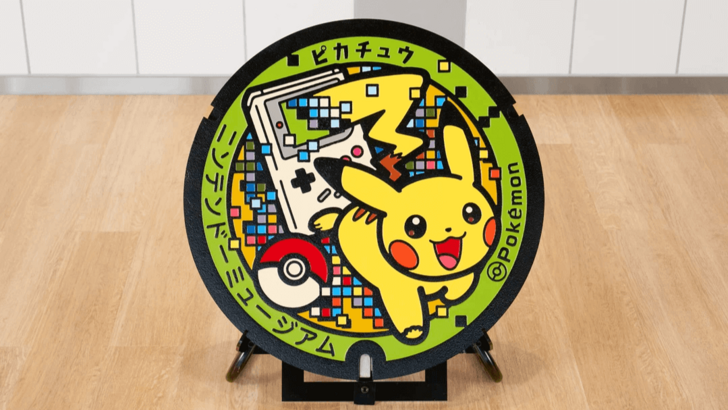
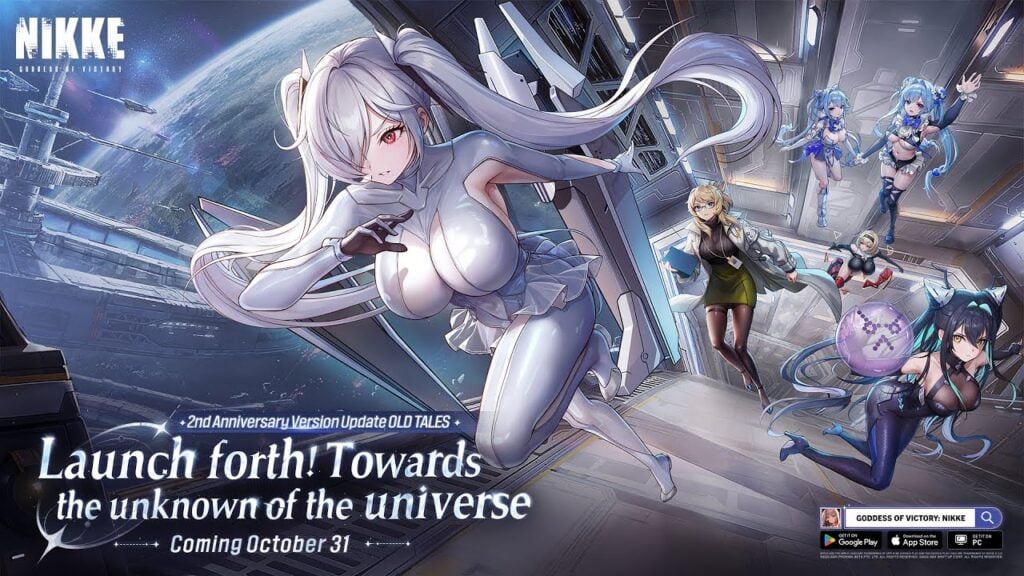
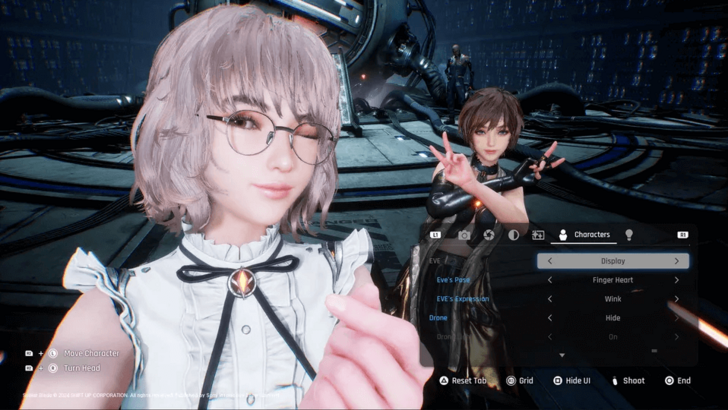
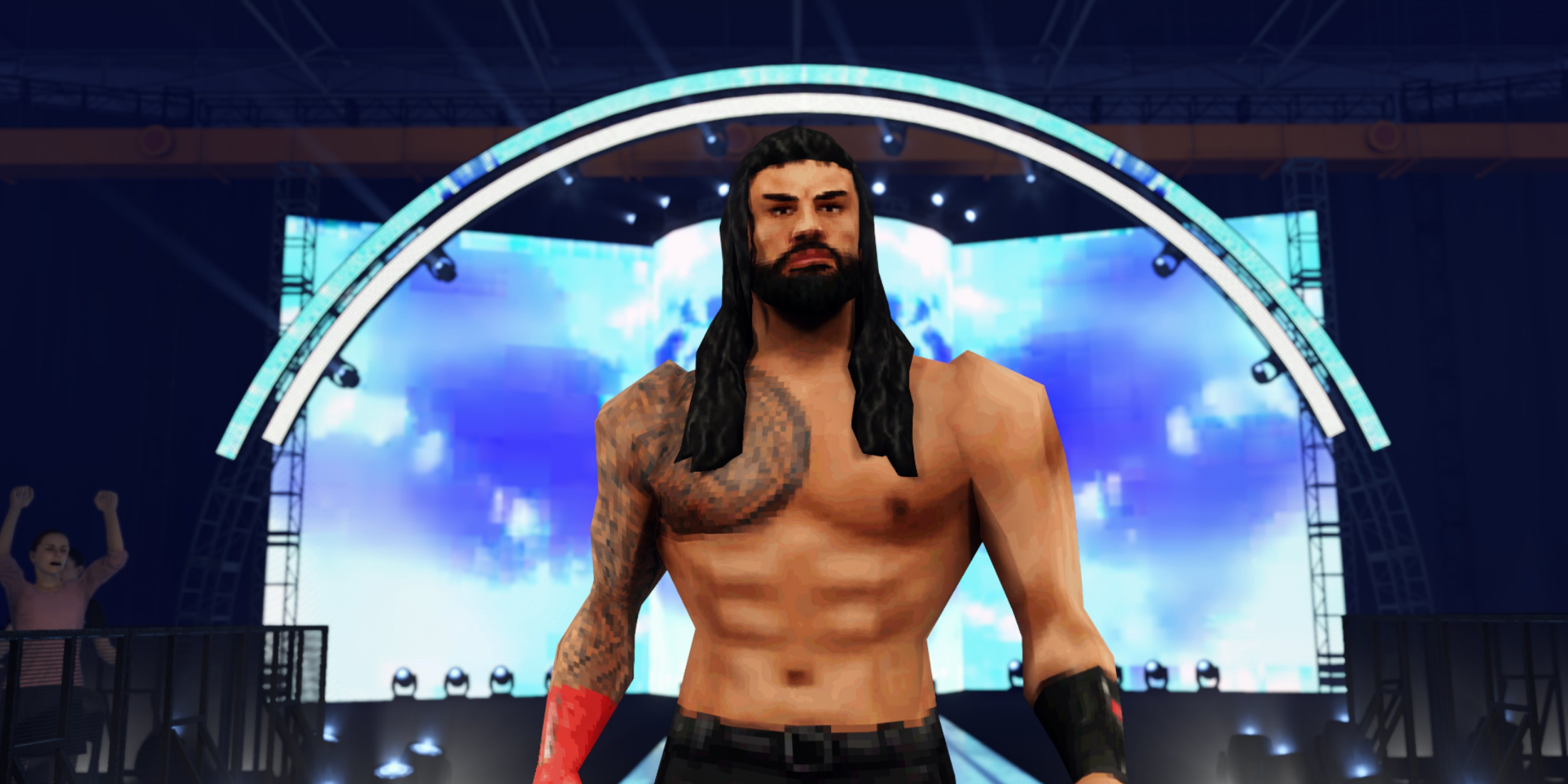
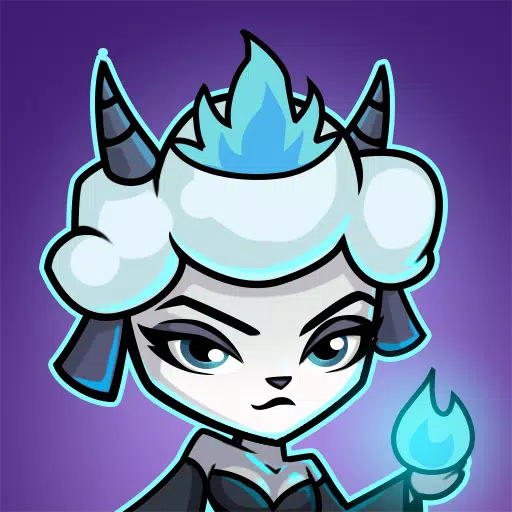


![Business of Loving [v0.12.5i] [Dead End Draws]](https://imgs.96xs.com/uploads/18/1719555107667e5423ef803.jpg)
